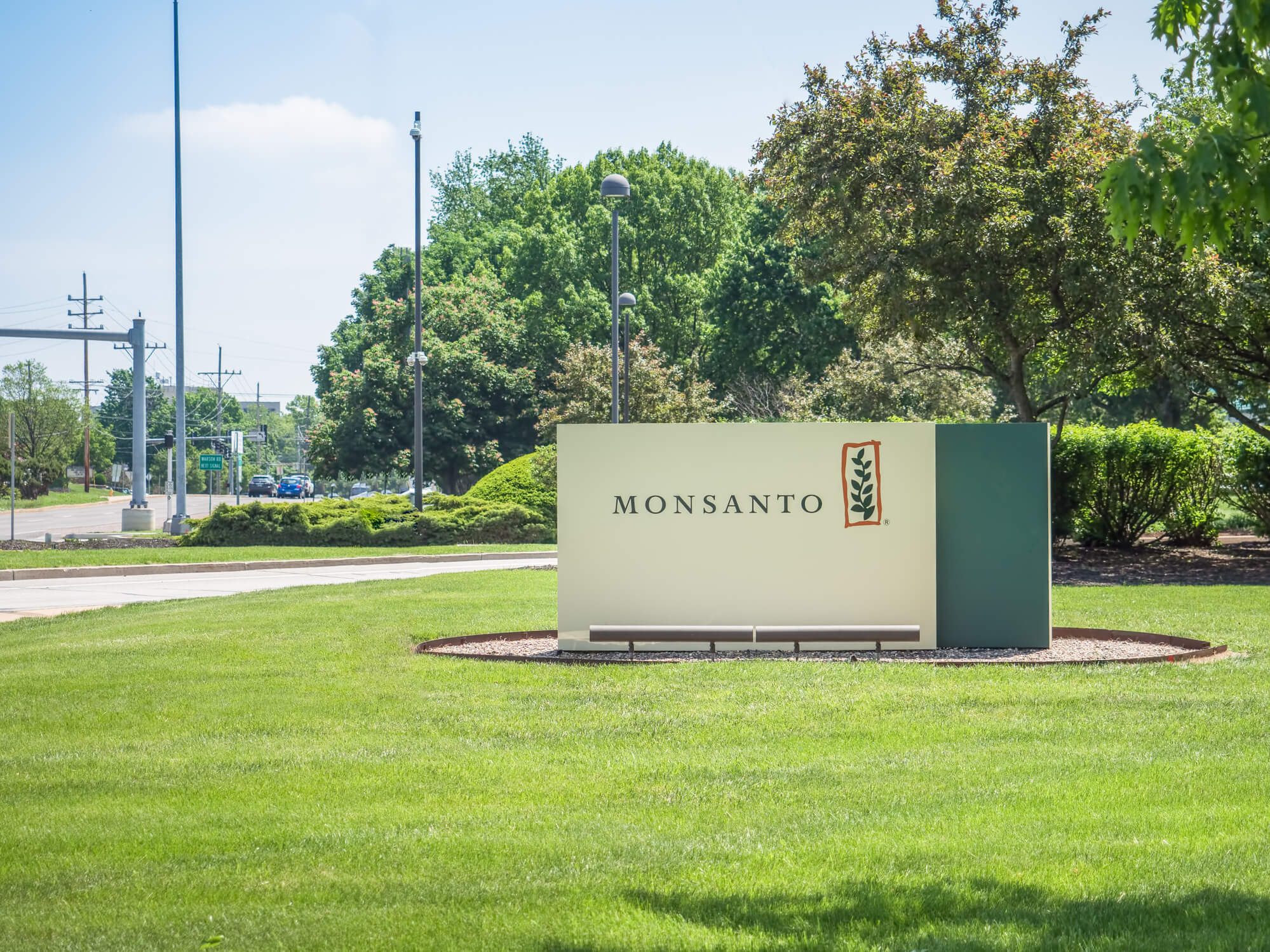Roundup Case Ends in Mistrial Over Defense Lawyer’s Comments
Editors carefully fact-check all Drugwatch.com content for accuracy and quality.
Drugwatch.com has a stringent fact-checking process. It starts with our strict sourcing guidelines.
We only gather information from credible sources. This includes peer-reviewed medical journals, reputable media outlets, government reports, court records and interviews with qualified experts.

The latest Roundup weed killer case has ended in a mistrial in Cook County Circuit Court.
The trial, which ended on Friday, was jettisoned after a Monsanto lawyer made reference to a past alcohol-related criminal charge against the plaintiff during cross-examination.
According to Law.com, the judge overseeing the case determined that the comments constituted serious misconduct. Plaintiff Paul Antonou’s representatives filed a motion for a mistrial, which the judge then declared.
Bayer, which acquired Monsanto in 2018, defended the actions of its representatives in the trial, stating that the motion for a mistrial was “unusual and telling.” The company said that it felt the cross-examination was appropriate given the circumstances.
“We remain confident that the extensive weight of scientific research and regulatory assessments support the safety of Roundup and that it is not responsible for the plaintiff’s injury,” Monsanto said in a statement.
Roundup lawsuits have been filed for years over claims that the weed killer is tied to the development of non-Hodgkin lymphoma. As of December, there were more than 4,000 active cases pending in multidistrict litigation, with other cases in state courts as well.
Roundup Lawsuits End With Inconsistent Results
With Friday’s result, the three most recent Roundup trials have ended with a win for the plaintiff, a win for the defendants and a mistrial, highlighting the inconsistent and often unpredictable nature of the litigation.
Before the mistrial, Bayer said that it had won 15 of the 22 most recent cases and has continuously pushed to bring an end to the litigation as a whole.
The company has been upfront in its hopes to involve the Supreme Court, saying last month that it plans to file a petition as early as this year for the court to review a Roundup case. That timing would allow for the case to be part of the Supreme Court’s 2025–26 session.
But the company has not always seen success when taking these cases to trial. In October, a Philadelphia jury awarded $78 million to plaintiff William Melissen.
Melissen developed non-Hodgkin lymphoma after regularly using Roundup for decades.
In a similar case from January, plaintiff John McKivison was awarded $2.25 billion after he was diagnosed with cancer following 20 years of Roundup usage. That verdict was later reduced to $400 million.
Lawsuits Claim Monsanto Failed to Warn of Cancer Risks
The thousands of Roundup lawsuits that have been filed have focused on claims that the popular weed killer is connected to adverse health effects, most notably the development of non-Hodgkin lymphoma.
The International Agency for Research on Cancer has classified glyphosate, which is the active ingredient in Roundup, as possibly carcinogenic to humans.
Bayer has pushed back on these claims, pointing to the Environmental Protection Agency’s continued stance that glyphosate does not impact human health.
“After reviewing the volume of scientific research and evaluations by regulatory agencies over the years, experts and regulators worldwide have concluded that glyphosate-based products can be used safely as directed,” Bayer says on its website.
But new health concerns surrounding glyphosate have continued to surface in recent years. Just this month, a new study in the Journal of Neuroinflammation found that glyphosate exposure may result in brain inflammation and lasting damage.
The study noted that additional research is needed to learn more about these possible health effects.


